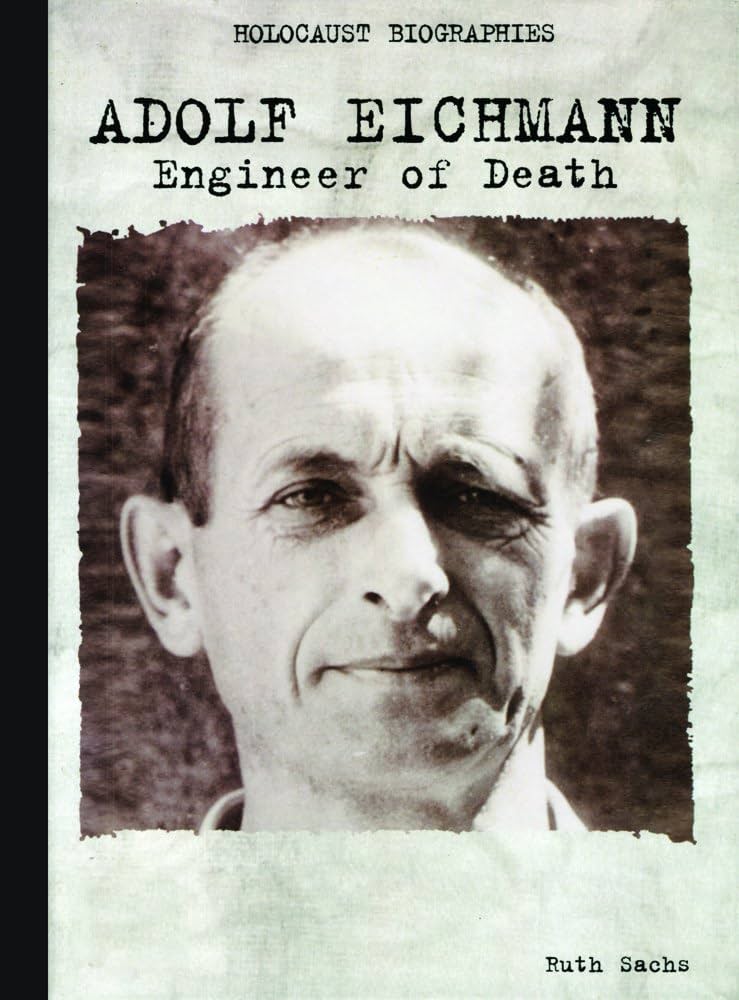Holocaust biographies are the personal stories of individuals who experienced the horrors of the Holocaust. These biographies provide insight into the devastating effects of Nazi persecution on individuals and their families. Through these accounts, we gain a deeper understanding of the tragedy that befell millions of people during World War II. By reading these stories, we can gain a greater appreciation of the strength and resilience of the human spirit in the face of extreme adversity. As we learn more about the individual experiences of the Holocaust, we can also gain a better understanding of the wider historical context of the genocide and its consequences.
Overview of the Holocaust
The Holocaust was one of the most horrific and devastating events in human history. It resulted in the death of over six million Jews, as well as millions of other individuals, including members of the Roma, Sinti, Slavic, and disabled communities. During this period, millions of people were subjected to torture, forced labor, and other forms of inhumane treatment.
To better understand the events and consequences of the Holocaust, it is important to read the biographies of those who experienced it firsthand. Through these biographies, we can gain insight into the lives of people who were affected by the Nazi regime. We can learn what it was like to live in the ghettos, in concentration camps, and in hiding. We can also gain a greater understanding of the courage and resilience that people had during this time.
These biographies can also provide an opportunity to reflect on the importance of human rights and the need for vigilance in the face of oppression. They can also help us to remember the horrors of this period and to honor those who were impacted. By reading the biographies of Holocaust victims and survivors, we can gain a greater understanding of this tragic event and its lasting legacy.
Key Figures and their Biographies
Holocaust biographies tell the stories of individuals who lived through the tragic events of World War II and the Holocaust. While some individuals were survivors, others were resistance fighters, or victims of the Nazi regime. Regardless of their role, these biographies provide invaluable insight into the experiences of those affected by the Holocaust.
Among the many important figures whose biographies are available, some of the most important include Anne Frank, Oskar Schindler, and Elie Wiesel. Anne Frank, a German-Jewish girl, wrote her diary while in hiding from the Nazis in Amsterdam. Her diary provides a unique perspective on the Holocaust from the perspective of a young girl. Oskar Schindler is remembered for saving the lives of around 1,200 Jews by employing them in his factory during the war. Elie Wiesel, a survivor of Auschwitz and Buchenwald, wrote extensively about his experience and is now remembered and revered for his activism on behalf of victims of genocide and oppression.
In addition to these key figures, there are many more whose biographies provide an important contribution to the understanding of the Holocaust. Notable figures include Hannah Szenes, the Hungarian Jewish parachutist who was sent by the British to aid the resistance in Yugoslavia; Raoul Wallenberg, the Swedish diplomat who saved thousands of Jews in Nazi-occupied Hungary; and Simon Wiesenthal, a Holocaust survivor who dedicated his life to documenting Nazi war crimes.
Holocaust biographies provide an invaluable window into the experiences of those affected by one of the most significant events in human history. By learning the stories of the individuals involved, we can gain a better understanding of the events of the Holocaust and the far-reaching consequences it had on the world.
Impact of the Holocaust on the World
The Holocaust was one of the most devastating events in human history, with millions of lives lost to the Nazi regime. Its impact on the world is still felt today in the form of social, political, and economic repercussions. This article will explore the lasting effects of the Holocaust, from its impact on Jewish communities around the world to its influence on modern human rights movements.
The Holocaust had a devastating effect on Jewish communities around the world. Survivors of the Holocaust found it difficult to rebuild their lives, and many experienced extreme poverty, trauma, and psychological disorders. The Holocaust also resulted in the displacement of millions of Jews, who were forced to flee their homes and seek refuge in other countries.
The Holocaust has also had a profound impact on modern human rights movements. The Universal Declaration of Human Rights, adopted by the United Nations in 1948, was created in response to the horrors of the Holocaust. This document serves as the foundation for many modern human rights laws and is credited with helping to create a more just and equitable world.
The Holocaust has also been a major influence on international relations. Following the Holocaust, countries around the world have taken a stronger stance against genocide and other human rights violations. This has resulted in increased cooperation between nations and a greater commitment to protecting human rights.
The Holocaust has had a lasting impact on the world, and its legacy will continue to shape our lives for generations to come. It is important to remember the victims of the Holocaust and to honor their memory by fighting for a more just and equitable world.

Intergenerational Trauma of Survivors
of the Holocaust
The Holocaust was one of the most horrific atrocities in human history, and its survivors are still dealing with the repercussions today. In the years after World War II, many survivors of the Holocaust were diagnosed with intergenerational trauma. This trauma is passed down from generation to generation, impacting the mental and physical health of survivors and their descendants.
Intergenerational trauma is caused by a traumatic event that the affected person experienced in their lifetime and is then passed on to their descendants. Survivors of the Holocaust often experienced extreme levels of trauma that can be passed down for generations. This trauma may manifest itself in physical and psychological symptoms and can be passed on through epigenetics, the transmission of non-genetic information from parent to child.
Holocaust survivors often experience PTSD, depression, and anxiety as a result of their traumatic experiences. These symptoms can be passed down to their children, grandchildren, and great-grandchildren. Other common traits of intergenerational trauma include difficulty forming relationships, difficulty dealing with authority, and difficulty expressing emotions.
The Holocaust Biographies project seeks to document the stories of survivors of the Holocaust and highlight the intergenerational trauma that they and their descendants have experienced. Through the project, survivors are able to tell their stories, and their descendants are able to better understand the impact that the Holocaust has had on their lives. By understanding the intergenerational trauma of survivors of the Holocaust, we can better recognize the lasting impacts of this horrific event and find ways to help those affected by it.
Legacy of Holocaust Biographies
Holocaust biographies are an invaluable source of knowledge about the experiences of those who suffered and perished in the Holocaust. They provide an insight into the individual lives of those affected, and are a powerful reminder of the horrors of this period in history. Holocaust biographies come in many forms: from memoirs written by survivors, to oral histories, to archives of documents and photographs. By studying the lives and stories of those who lived through the Holocaust, we can gain a deeper understanding of the trauma, tragedy, and resilience that characterized this time. Through these biographies, we can educate ourselves about the Holocaust, honor those who perished, and gain a better understanding of the world we live in today.
Conclusion
In conclusion, Holocaust biographies provide a unique and powerful way to gain insight into the lives of those affected by the Holocaust. They offer an in-depth look at the individuals who were impacted by the tragedy and the resilience of those who survived it. By reading their stories, we can gain a greater understanding of the immense tragedy and its lasting effects. Holocaust biographies are a powerful reminder that we must never forget the lessons of history. As we remember those affected by the Holocaust, we must ensure that we continue to strive for a world where such atrocities never occur again.
FAQs About the Holocaust Biographies
1. How can I find information about a specific Holocaust biography?
Answer: Many resources are available online to search for Holocaust biographies. Try searching online for the person’s name or any other information you know about them. You may also find information in libraries or archives.
2. What type of information is typically included in a Holocaust biography?
Answer: A Holocaust biography may include information such as the person’s name, date and place of birth, family background, experiences during the Holocaust, and post-Holocaust life.
3. Are Holocaust biographies available for free online?
Answer: Yes, many Holocaust biographies are available for free online. You can search for them through online databases and archives, as well as websites dedicated to Holocaust education.
Conclusion
Holocaust biographies are an important way of remembering the millions of people who were victimized and lost during the Holocaust. They are a way of honoring their memories and recognizing the bravery of those who survived and the courage of those who chose to fight back. Holocaust biographies are a powerful reminder of the need for vigilance against hatred and injustice, and to ensure that such an atrocity never happens again.




